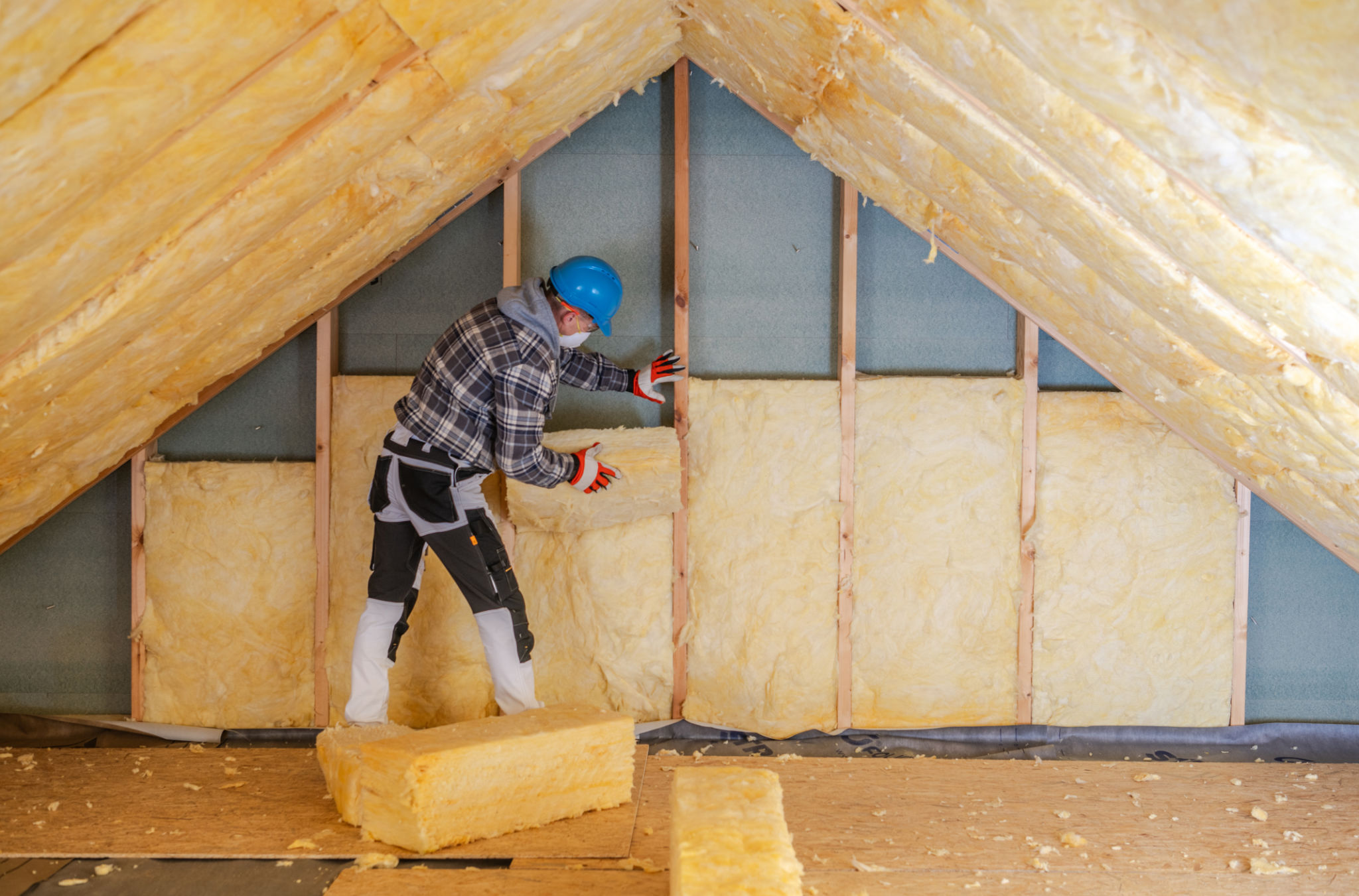Preparing Your Home for Hot Weather: Essential Air Conditioning Tips
Understanding Your Air Conditioning Needs
As the temperature rises, ensuring your home remains cool and comfortable becomes a priority. Before the heat hits, it's important to evaluate your air conditioning needs. Consider whether your current system is adequate for the size and layout of your home. If your AC unit is over a decade old, it might be time to consider an upgrade for better efficiency and performance.
Upgrading to a more energy-efficient model can significantly reduce your electricity bills and improve cooling efficiency. Look for units with a high Seasonal Energy Efficiency Ratio (SEER) rating, which indicates better energy efficiency. Understanding your AC requirements can help you make informed decisions that keep your home comfortable throughout the summer.

Regular Maintenance is Key
To ensure your air conditioning system runs smoothly during the hottest days, regular maintenance is crucial. Start by scheduling an annual inspection with a professional HVAC technician. They will check for any potential issues such as refrigerant leaks, electrical problems, or worn-out parts that could lead to system failure.
In addition to professional maintenance, there are simple tasks you can perform yourself. Clean or replace air filters every 1-3 months to keep airflow unobstructed and improve indoor air quality. Also, ensure that the area around the outdoor unit is free from debris, which can block airflow and reduce efficiency.

Optimize Your Thermostat Settings
One of the most effective ways to manage energy consumption is by optimizing your thermostat settings. Consider investing in a programmable thermostat, which allows you to set different temperatures for different times of the day. This way, you can reduce cooling when you're not home and have a comfortable temperature when you return.
During the daytime, set your thermostat to around 78°F (26°C) when you're at home and higher when you're away. Remember, each degree higher on the thermostat can save you about 1-3% on cooling costs.
Enhance Home Insulation
Proper insulation plays a significant role in maintaining a cool indoor environment. Check your windows and doors for any gaps or cracks that could let hot air in and cool air out. Use weatherstripping or caulk to seal these gaps effectively.
Additionally, consider installing sun-blocking window treatments like blinds or curtains to minimize heat gain from sunlight. Adding insulation to attics or walls can also help maintain a consistent indoor temperature and reduce the load on your air conditioning system.

Utilize Fans Wisely
Fans are an excellent complement to your air conditioning system. Ceiling fans, when used correctly, can create a wind-chill effect that makes you feel cooler without needing to lower the thermostat. Ensure that ceiling fans are rotating counterclockwise during the summer months for optimal cooling.
In addition to ceiling fans, portable or box fans can be strategically placed around your home to enhance airflow. Remember, fans cool people and not rooms, so turn them off when you leave a room to save on energy costs.
Conclusion
Preparing your home for hot weather is all about ensuring that your air conditioning system is running efficiently and effectively. By understanding your cooling needs, keeping up with maintenance, optimizing settings, enhancing insulation, and using fans wisely, you can create a comfortable indoor environment without breaking the bank on energy costs.
Take proactive steps now to enjoy a cool and refreshing summer in the comfort of your home.
